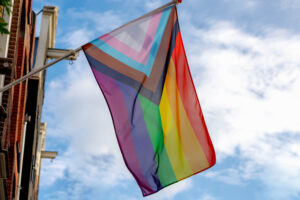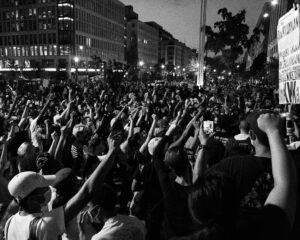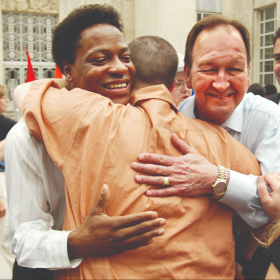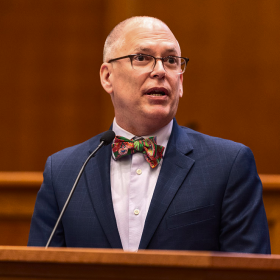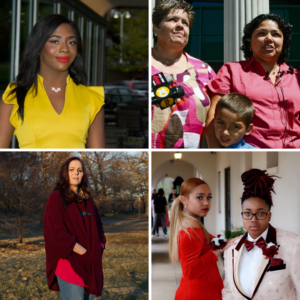Where progress is won
Lambda Legal’s lawyers have won precedent-setting civil rights cases on everything from marriage equality to expressions of gender identity to health care discrimination. We have made legal history since day one, winning our right to incorporate. We then got to work using our knowledge of the law to fight for our community’s lives and dignity.
Our areas of expertise
There is no one LGBTQ+ or HIV+ experience in America. That’s why Lambda Legal’s standard-shifting work in litigation, public policy, and education spans a range of issues that touch nearly every aspect of our lives.

Employment
We fight back when members of our community are fired, harassed, and targeted at work because they are LGBTQ+ or HIV+.
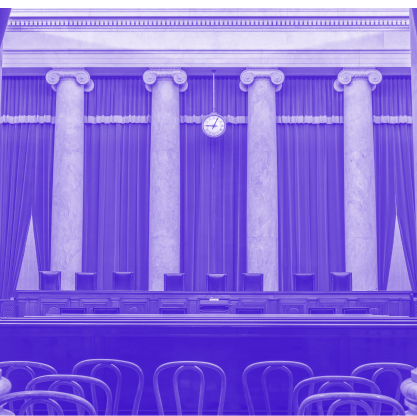
Fair Courts
We combat the growing attacks on fair courts that threaten hard-won LGBTQ+ rights. Because our courts should make decisions based on constitutional and legal principles—not politics.

Family Protection
We defend the legal rights of same-sex couples and their families, from marriage equality to domestic partnership benefits to parent-child relationships.

Health Care
We break down the barriers between our community and the health care they need, from medical discrimination to violations of personal autonomy.

HIV
We won the nation’s first HIV discrimination lawsuit—and since then, we’ve been fighting to maintain and expand protections for Americans living with HIV.

Immigration
We fight for humane immigration policies that are inclusive of LGBTQ+ people and their unique legal needs.
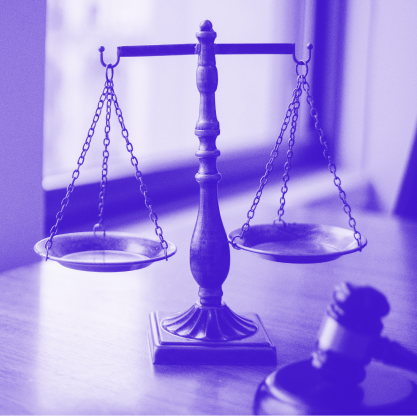
Police Misconduct & Criminal Justice
We stand up to law enforcement that targets and abuses LGBTQ+ and HIV+ people by challenging unfair criminal laws and seeking recourse when our rights are violated.

Religious Exemptions
We fight back when religious freedom is wrongly used as a license to discriminate against LGBTQ+ people and those living with HIV.
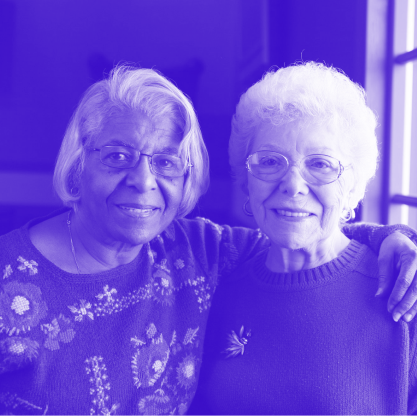
Seniors
We defend the LGBTQ+ and HIV+ seniors who face discrimination, whether they’re refused housing or denied Social Security and other survivor benefits.
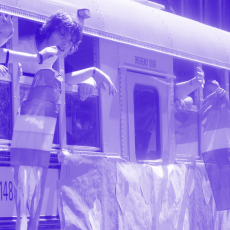
Students' Rights
We work to make school a safe space for LGBTQ+ students—so they can be unapologetically who they are.
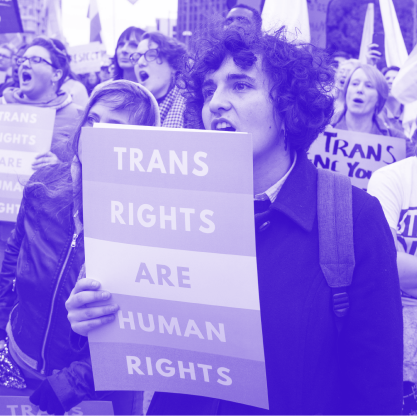
Transgender & Nonbinary Rights
We work to expand and defend protections for nonbinary and transgender people who face rampant discrimination and are some of the most vulnerable members of our community.
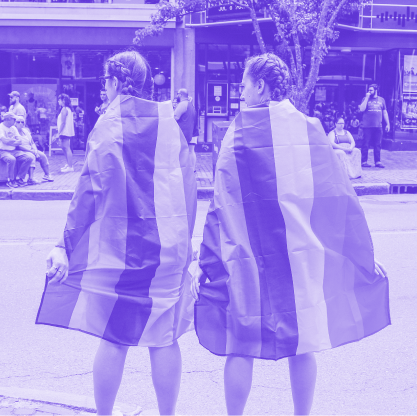
Youth
We work to ensure all LGBTQ+ youth are safe and free from discrimination and harassment, whether they’re in the hallways at school or in out-of-home care settings.
Latest news
Stay up to date with court cases and policies that affect the LGBTQ+ community and people living with HIV.
Featured blog posts
Our take on key court cases and policies that affect our community.

